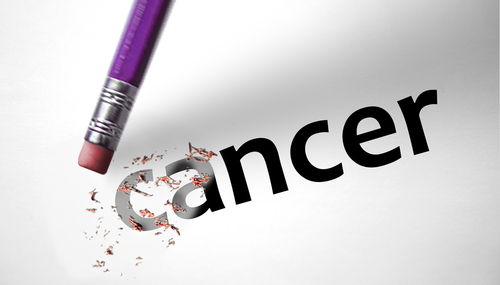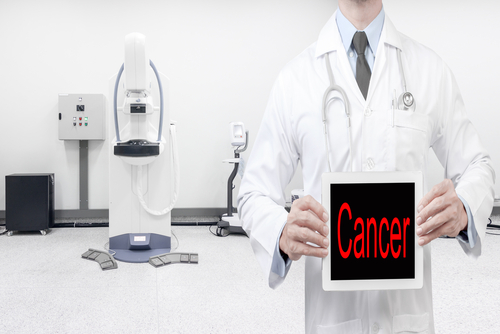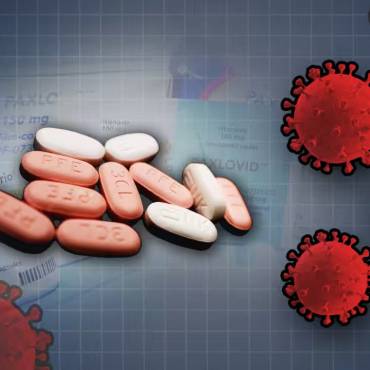Cancer is a group of more than 100 diseases and it starts when cells in the body part begins to grow uncontrollably. The cells of cancer are different from normal cell growth. Instead of dying, cancer cells grow continuously by forming abnormal cells. Although there are many types of cancer, each has its consequences. However, untreated cancers can cause serious illness and even death of a person. Cancer can affect any men or women, and studies have proved, an estimated 12.7 million cases were reported in the year 2008 and in the year 2010 nearly 7.98 million people died due to it. It has also been stated in studies that cancer is the leading cause of death in the developed nations and the second leading cause of mortality in the developing world. Genes, lifestyle, and the environment play a crucial role in increasing or decreasing the risk of getting cancer.
Signs and symptoms of cancer:
Signs and symptoms of cancer vary differently and depend on where it is located, where it has spread, and how big the tumor is. There are cancers that can be felt or seen through the skin like a lump on the breast or testicle which can be clear indications of cancer in those locations. Moreover, skin cancer is often determined by a change in a wart or mole on the skin. It’s important to be aware of unwanted changes to the body including blood in urine, a sudden lump or change in bowel habits. It is to see your GP so they can investigate. Other potential signs and symptoms of cancer are outlined below:
- A sore throat that does not heal
- Unusual bleeding or discharge from nipple/s
- Difficulty swallowing
- Unexplained weight loss
- Recurring infections that do not make with usual treatment
Also read: Signs Of Cancer : Are you At Risk?
How is cancer detected?
If you find unusual symptoms or you are on doctor’s visit, then you may get to know about your disease. Your doctor will screen you for cancer abnormalities that usually don’t show any symptoms. But, with the advancement of technologies there are various methods that are used by pathologists, oncologists and imaging radiologists. These include the following:
- Biopsy- In this test, a sample of tissue is taken from the suspected cancer. The sample tissue is then examined under a microscope for the presence of cancer cells. If the tumor is filled with fluid, then a fine needle aspiration is used by inserting directly into the suspicious area to draw out fluid samples for examination.
- Endoscopy- In endoscopy, a thin and flexible tube with a tiny camera on the end is inserted into body organs. This allows the doctor to view the suspicious area. Moreover, there are various types of scopes designed to view particular areas of the body. A colonoscope is used to detect growths inside the colon, and a laparoscope is used to examine the abdominal cavity.
The above-mentioned tests will clarify the exact stage of the disease. Keeping in mind the stage, your doctor will recommend the treatment for cancer.
Also read: Pancreatic Cancer Treatment
Treatment of cancer:
Early diagnosis of cancer can help patients seek early treatment to better their chances of absolution. Treatment of cancer depends on its stage and type. To treat lung cancer medications like Avastin and Tarceva are recommended by the doctors. These medications help patients in stopping the tumour from creating a new blood supply. To treat the initial stages of prostate cancer, doctors may prescribe alpha blockers including Terazosin, Doxazosin, Tamsulosin, Alfuzosin, and Silodosin. If the medications don’t work as expected then your doctor may ask you to undergo other treatments of cancer, these include:
- Surgery- Surgery is performed to remove the tumor.
- Radiation therapy- This treatment option is common among cancer patients. Radiation therapy helps the cancer patient in killing his/her cancer cells using high energy x-rays only to some extent. This treatment is performed in two ways including external-beam radiation therapy and internal radiation therapy.
- Chemotherapy- Chemotherapy is given in cycles, and the recovery period follows the treatment period. This therapy is the treatment process with drugs to kill cancer cells. In the chemotherapy, the drugs flow through the bloodstream to nearly every part of the body.
Also read: Immunosuppression, Immunodeficiency Disorders, and Possible Remedies Conclusion: No matter how cancer is horrible, but you can live your life, a normal way. You just need to follow your doctor’s instructions and also try to keep changes in your lifestyle.




